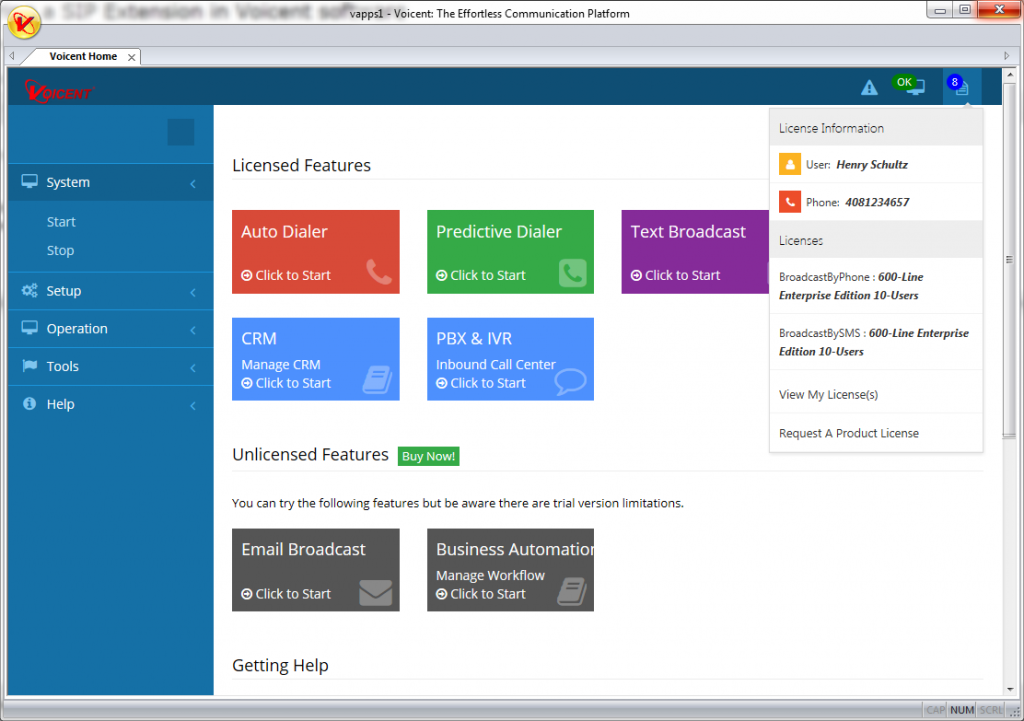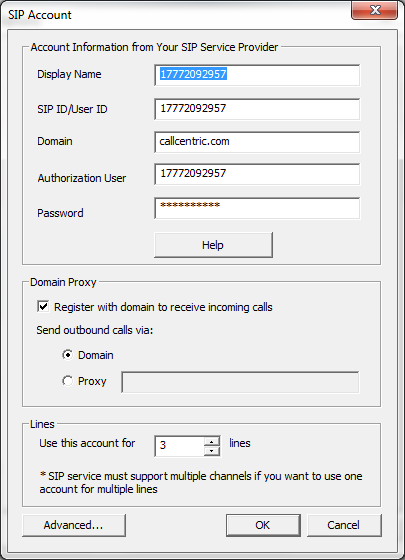With Voicent, there are five different dialers, each one having its own advantages and disadvantages. They are, as follows, the manual dialer, auto dialer, progressive dialer, predictive dialer, and preview dialer.
To start, the most familiar one is the manual dialer. Simply put, this is what one uses when inputting a number directly on the number pad, hence the name. This is by far the most popular dialer, and the only one the vast majority of people are even aware of, as the other dialers tend to be only for certain industries, and not used by the general public. The reason for this is that the public at large has no need for anything but a manual dialer, as they are not in positions that would require the use of sophisticated dialers, such as in call centers or political campaigns.
The most popular of the sophisticated dialers is the auto dialer. The auto dialer does as its name suggest, it automatically dials numbers and sends pre-recorded messages to the recipient of the call. But that’s not all. A recipient can also press a button on the number pad to connect to a live agent. If you ever pick up a call, only to receive an automated message, maybe for a politician or an insurance service, it’s very likely that call was made via an auto dialer. Auto dialers can be annoying, but if targeted at a specific group, they can be tremendously useful.
A progressive dialer, the simplest of the sophisticated dialers, is one where once a call has finished, the next one in the queue is automatically dialed. While this is not as efficient as a predictive dialer, it still beats the productivity allowed with a manual dialer.
Predictive dialers are probably the most sophisticated of the dialers. They are, for lack of a better description, progressive dialers set to top gear. They use algorithms to determine the likelihood of a call being answered by a live recipient, and with that, calculate the number of calls that are needed to be made at the same time to guarantee someone picks up. Sometimes no one picks up, and sometimes too many recipients pick up, but the predictive dialer is accurate enough that this is not a frequent problem. This dialer can cut dead time for an agent by a massive amount, some sources saying 50-80%.
The preview dialer enables the agent to see the next call in the queue, as well as the information about the recipient, if CRM is integrated into the system. This allows the agent to understand what the objective of the call should be, what small details might be relevant, and also helps the agent decide whether or not to make the call at all. This dialer is useful, since researching the recipient may be necessary in order to produce a meaningful conversation.
With VoicentLive, all five of these dialers come as standard features. They are included in the Lite Plan, the most basic plan, and even more features are available with the higher end plans. More information can be found here.
Photo: www.freeimages.com




